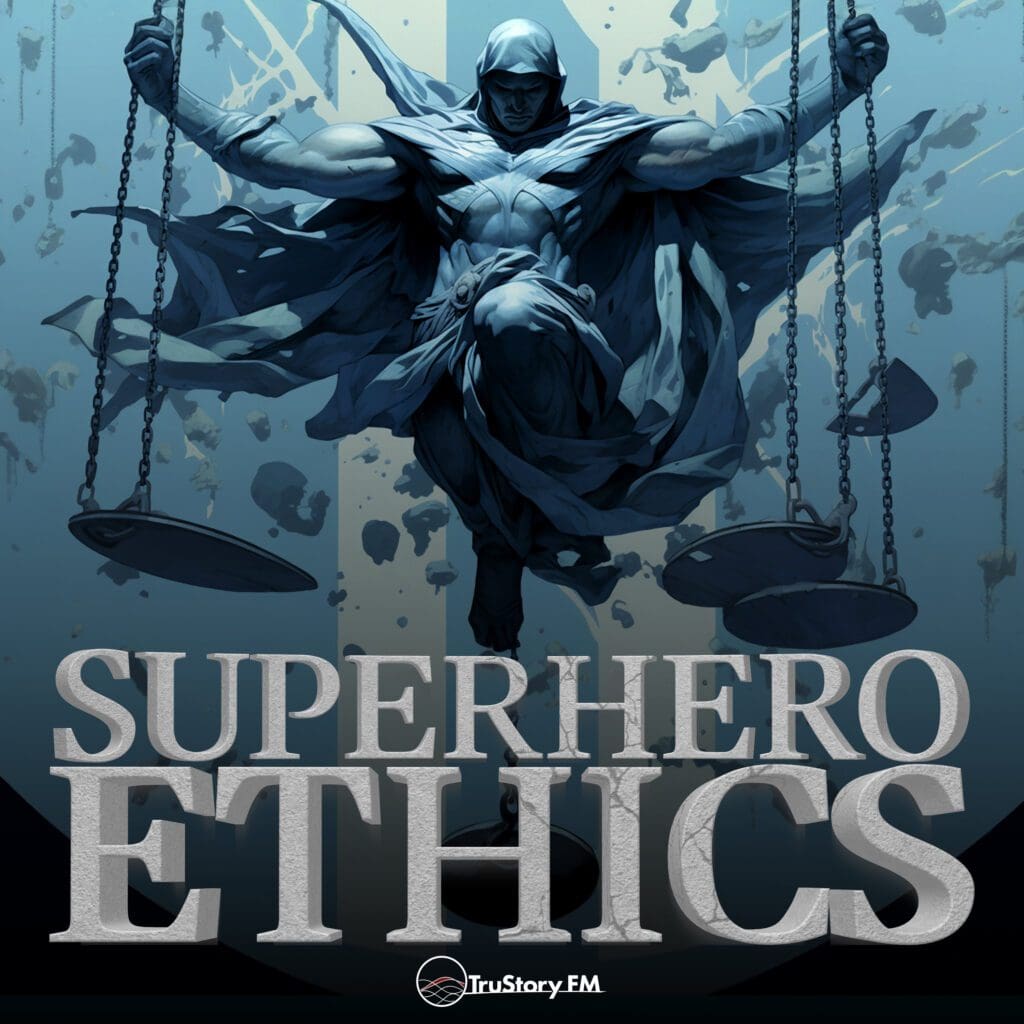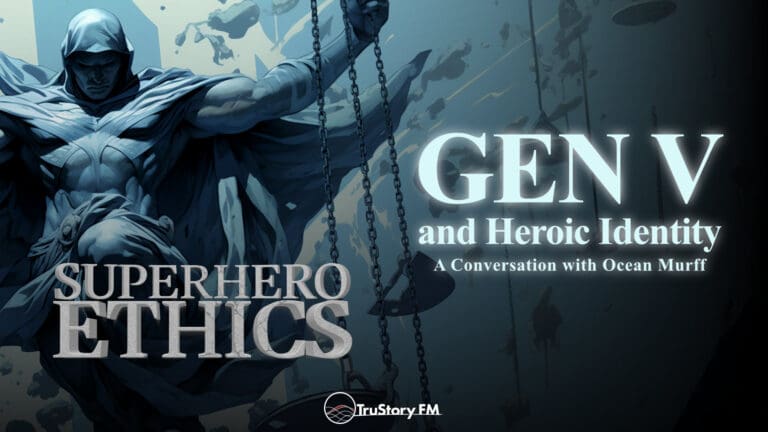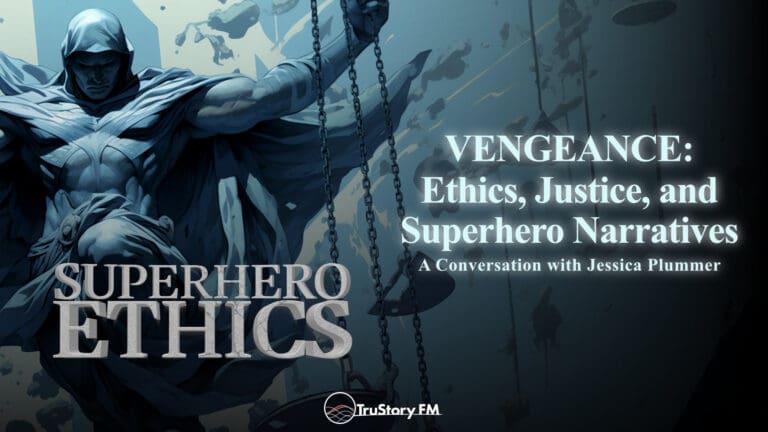Do superheroes promote fascist ideology? In this episode of Superhero Ethics, hosts Matthew Fox and Riki Hayashi dive deep into an interview from Screen Rant with renowned comic book writer Alan Moore, who argues that the concept of superheroes contains elements of fascism. Join us as we explore the complex relationship between superhero culture, authoritarianism, and the impact these iconic characters have on our society.
Key Points:
- Is there an inherent problem with the fantasy of extraordinary individuals with superhuman abilities solving the world’s problems? We discuss Moore’s critique that this longing for a “quick fix” through superpowered beings is problematic and unrealistic.
- How does the nostalgia often associated with superheroes and their stories play into fascist ideology? We examine the role of romanticizing the past and the persecution of outgroups in both superhero narratives and fascist movements.
- Can the iconography of superheroes be co-opted by real-world fascists? We analyze the fine line between depicting villainous “superhero-like” characters and inadvertently glorifying their actions.
- Has the evolution of superhero stories from children’s entertainment to adult-oriented content contributed to a misinterpretation of their themes and messages? We explore the impact of this shift on audience perception and understanding.
Other topics covered:
- Defining fascism and its differences from authoritarianism
- The immigrant experience in Superman’s origin story
- The role of secret identities and “passing” in superhero narratives
- Examining Ozymandias as a villain in Watchmen and the moral dilemma he presents
Conclusion: Alan Moore’s critique of superheroes and their potential links to fascist ideology raises important questions about the power of popular culture in shaping our societal values. While superhero stories can inspire hope and heroism, it is crucial to remain mindful of the messages they convey and their potential to be misinterpreted or exploited. As fans and creators, we must engage in critical discussions about the complexities of these beloved characters and their impact on our world.
Here is the interview on which our episode is based.











